The hot search for Xiao Shede ended. Are you involved?

The writer is a writer @ Detective Zhang.
Movies are an escape from ordinary, monotonous and repetitive daily life.
"Little Shede", which focuses on the topic drama "Young to Young" and "Little to Early", opened low and went high. After two weeks of broadcasting, it won the first place in the ratings of the new drama in the same period, and it was even more sought after during the broadcasting process.
As the third work in the "Xiao" series of parenting education plays, Xiao Shede has a higher degree of discussion than the previous "Xiao Bie Li" and "Xiao Huan Xi".

Under the crazy topic of "involution" for several weeks in a row, the play ushered in a grand finale during the May Day holiday.
Well, affected by the hot search, I didn’t hold my breath after all.
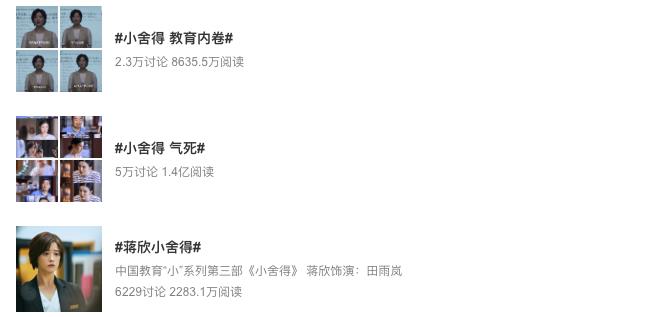
In fact, the views on Xiao Shede are quite contradictory. On the one hand, both the young actor and the old face perform very well, and the educational topics involved are true and heartfelt. On the other hand, in order to strengthen the plot line, the design of a contradictory play on average every day is indeed exaggerated.
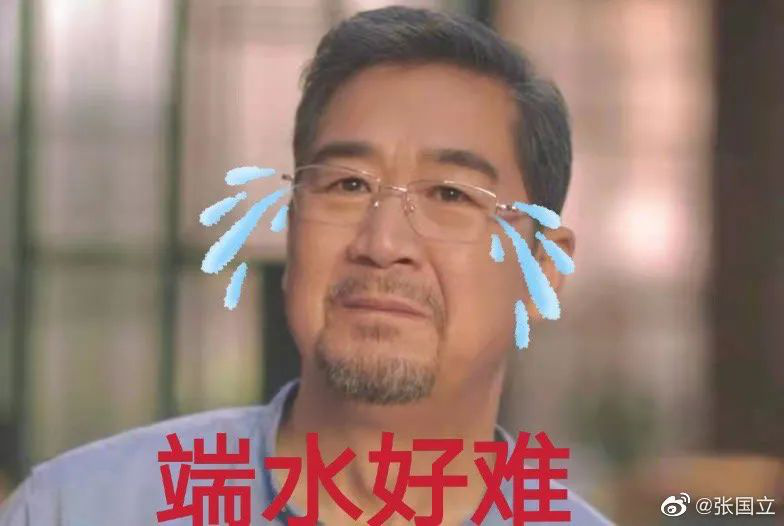
First of all, Xiao Shede sets up a pair of contradictory sisters in the relationship between characters.
Nan Li (Song Jia) and Tian Yulan (Rulu) are both daughters of Nan Jianlong (Zhang Guoli). However, Nanli is Nanjianlong’s biological daughter, and Tian Yulan is Nanjianlong’s wife’s child when he got married for the second time.
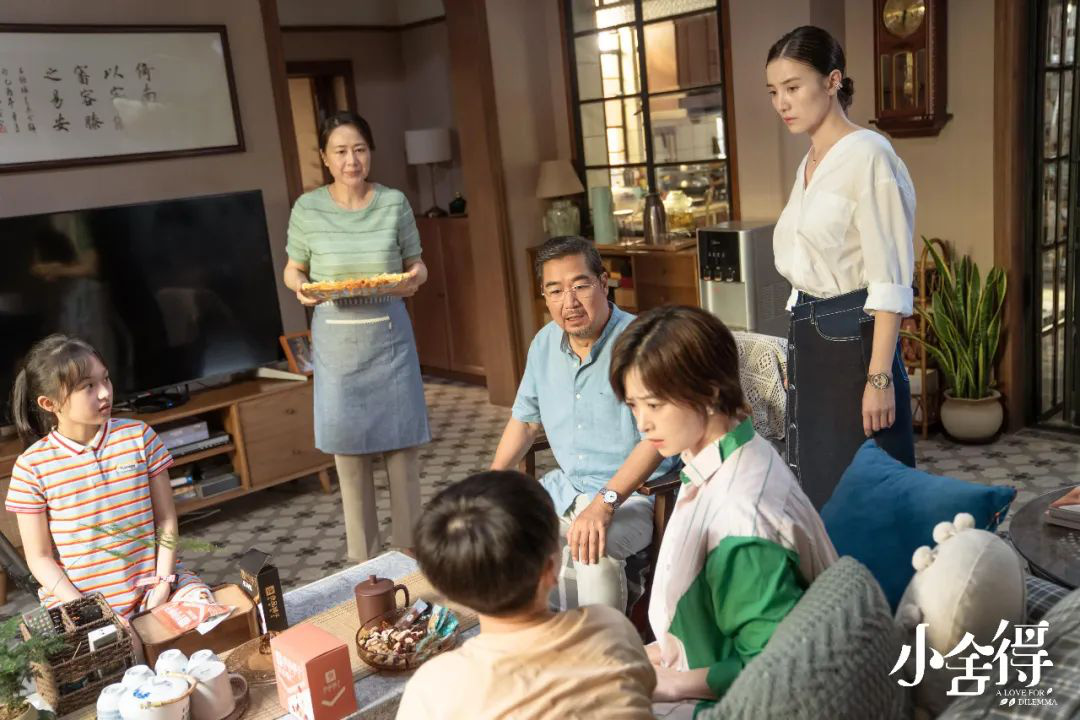
Due to his incompatible personality, Nan Jianlong divorced Nanli’s mother when Nanli was in high school, married Tian Yulan’s mother as his wife, and Nanli left his father with her mother. After many years, Nan Li gradually let go, but she has not yet come out of this trauma.
Unfortunately for Tian Yulan family of origin, even though she moved into Nanjia with her mother, she still felt extremely inferior. She had to work hard to earn money and marry a good family to pay homage, so that she could feel a little sense of accomplishment in Nanjia.

The first episode of Xiao Shede began with a family dinner, and two families took their children to their grandfather’s house for dinner.
During the dinner, everything from clothes to make-up, to children’s grades, trophies and talents became the topic "weapons", and the two men were fighting and fighting.
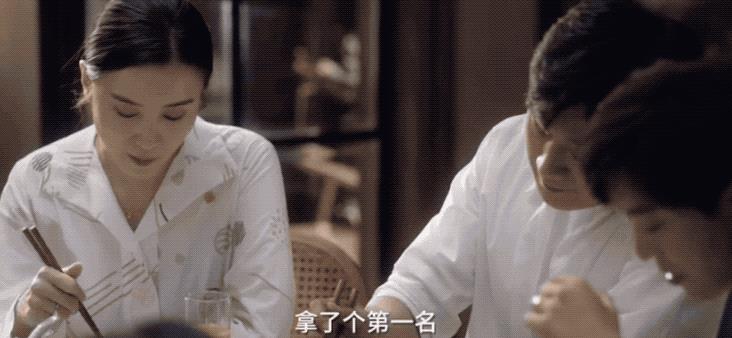
A dinner was a circus, and the family dinner ended in discord.
Nan Li was born in an intellectual family, received a good education and had her own ideal career. Her family is happy and her career is smooth. She has a son and a daughter, and her husband cares about her family. Both of them uphold the Buddhist concept of parenting and hope that their children will have a happy childhood.
Tian Yulan was born in the bottom, and suffered from hardships since childhood. Life didn’t improve until she came to Nanjia with her mother. With three degrees, the husband doesn’t have a serious job, and he doesn’t care about the children. Their lives need the support of the rich husband-in-law, and their desire to have a successful child is extremely urgent. They are typical "chicken baby mothers" in children’s education.
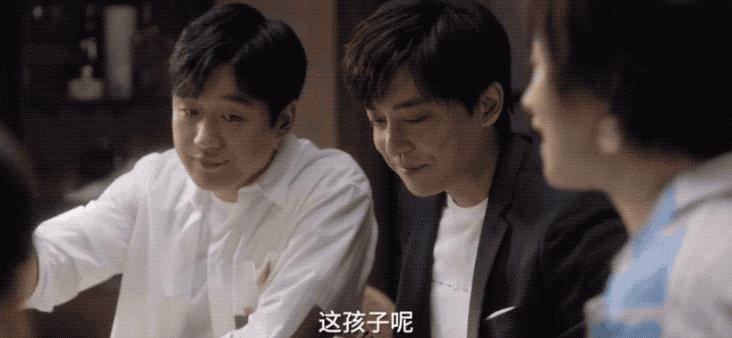
This is also the biggest reason why the two families have different ideas about education.
In the play, Nan Li didn’t enroll her daughter in extracurricular classes at the beginning. She didn’t want to put too much pressure on her children, but hoped that they could be happy. Even if she occasionally got the bottom score, she never scolded her children, so she didn’t pay attention to how Xiaoshengchu chose a school at the beginning.
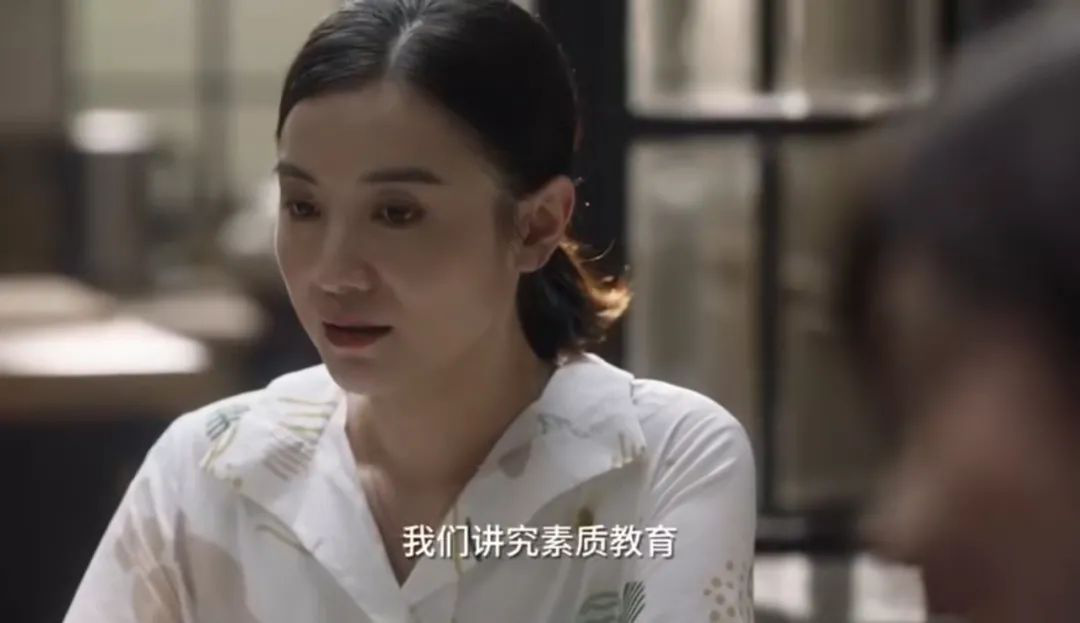
Tian Yulan is well aware of the enrollment rate, training courses, and policy trends. She is also fully responsible for her son Ziyou. She participates in every learning stage and arranges her study life in a planned way. Her son is indeed among the best under his education. She hopes that her son can successfully enter the junior high school of key middle schools.
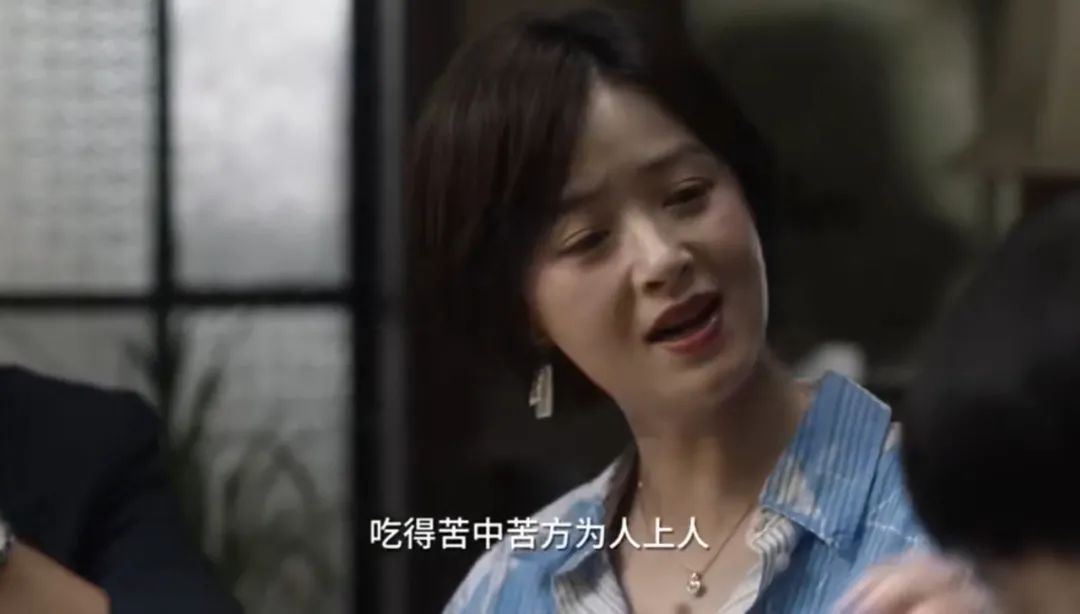
However, as children enter the fifth grade of primary school, they are about to face "junior high school", and the two educational models have corresponding problems.
Because I didn’t go to cram school, the problem of Huanhuan’s grades began to appear slowly. Huanhuan, who was still in the middle and upper reaches, suddenly fell to the bottom. When she lost her class cadre title, she was laughed at by her classmates. The originally optimistic and cheerful child collapsed.
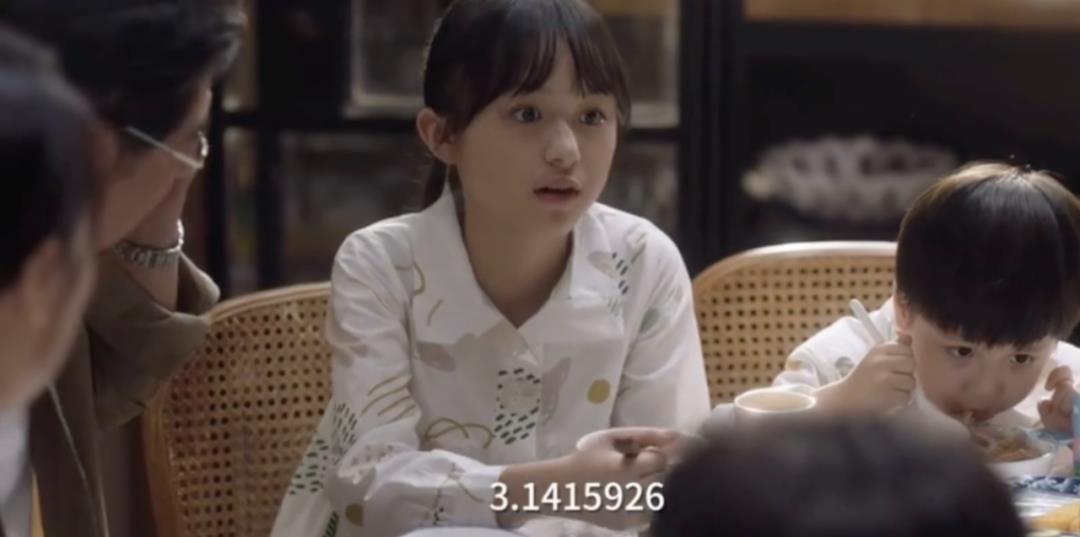
Achievement and happiness are not a choice for Huanhuan, and she is not happy with poor grades.
On the other hand, Nan Li always thought that she was bound to win the position of director, but she was replaced by another "airborne" talent with a high academic background.
In the play, Nan Li chatted with the president and mentioned the problem of children’s reading. The president thinks that the problem of children going to school is the trouble of our generation.
"Our children can’t get into our own alma mater, and their positions are not as high as ours. Their income and social status are not as good as their parents after they become adults." These words made Nan Li begin to realize that not paying attention to the problem of children’s reading may delay their children’s future.

Nan Li wanted to "take a shortcut" by buying the school district, but after buying the school district, she found that the policy had changed and the school district had to have three accounts. ……
In the end, it was not because of Tian Yulan’s influence that Nan Li and her husband started to have a baby, but because of their anxiety about themselves and Nan Li.
Although Tian Yulan’s son Zi You has been doing well in his "Chicken Baby" mode, Zi You actually doesn’t like Olympiad, nor is he a mathematical genius. He loves football and hopes to become a biologist in the future.
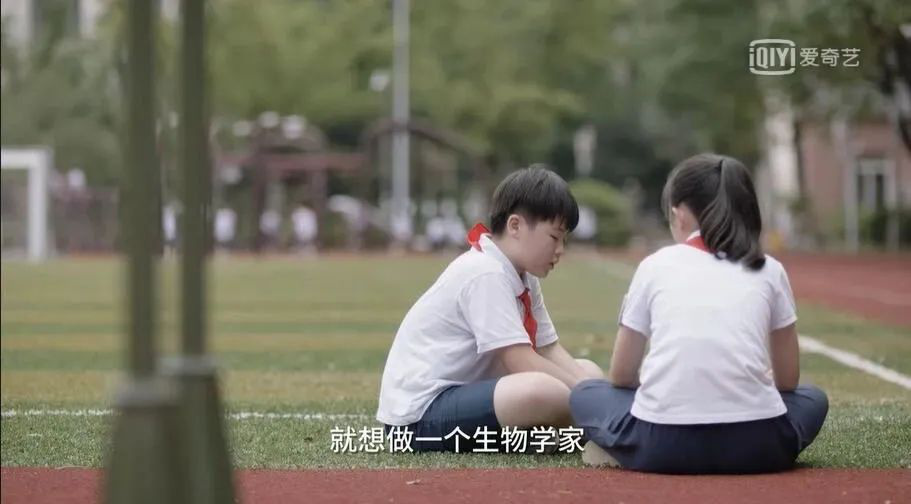
But these have nothing to do with the entrance examination he will face. In the crucial year of "junior high school", Tian Yulan even forbade him to spend his energy on things unrelated to his studies.
Tian Yulan’s excessive pursuit of famous schools made her feel nothing even when she heard the teacher scold Zi You in public, because the child’s grades did improve.

Under the pressure of Tian Yulan, Zi You had hallucinations in the examination room of the Olympic Mathematics Competition, tore the examination paper and overturned the table, and his grades also fell to the middle reaches from the previous three days.
Only after seeing a psychologist did I know that Ziyou’s hallucination was caused by excessive pressure. The doctor advised parents not to put too much pressure on their children and let them relax as much as possible.
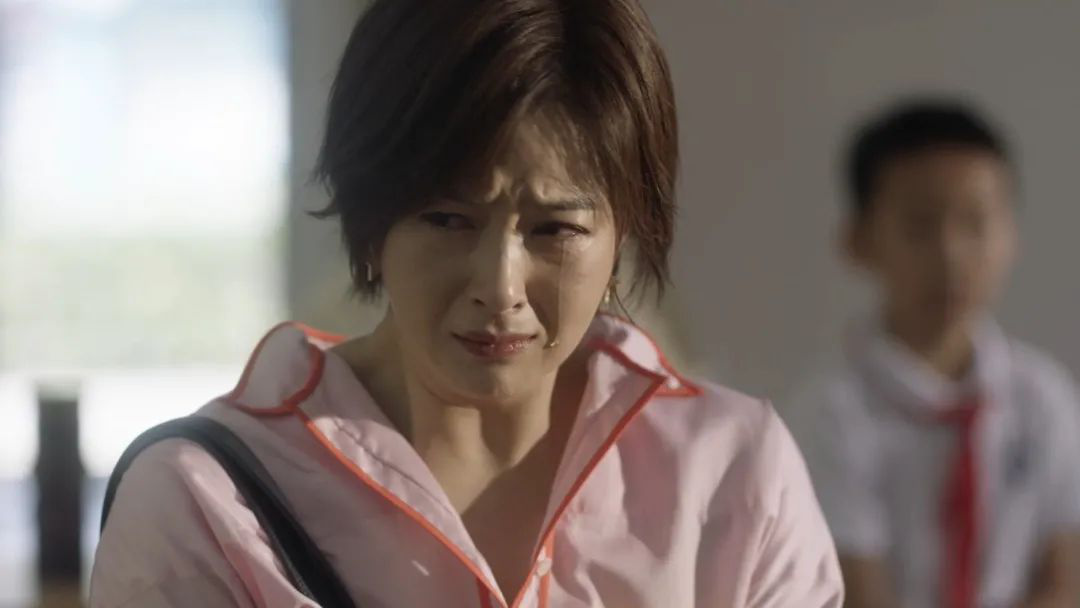
Tian Yulan, who originally regarded his son as his spiritual sustenance, was hit hard and his spirit completely collapsed …
In addition to the first two groups of education modes that are common in daily life, Xiao Shede also has a special family, that is, parents with insufficient strength reserves have gifted children.

In the play, Mi Tao’s family are migrant workers in Shanghai. Although Mi Tao’s father runs a fruit stand and her mother works part-time in the protagonist’s home, the family’s economic conditions are difficult, but Mi Tao is a talented girl with an IQ of more than 140.
Compared with Ziyou and Huanhuan’s family, they are fighting for the places of "prestigious schools". As long as it is for children, any excess consumption can be done without blinking. Mi Tao’s family has to empty their money and take multiple odd jobs to make up for the children’s tuition in order to get a gold medal class and get rid of the original living environment for their children’s education.
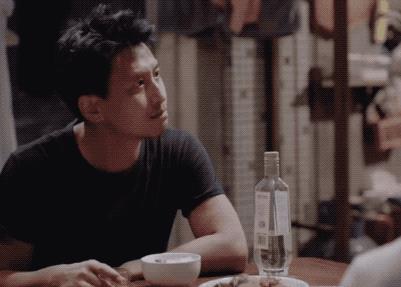
The pressure of family makes Mi Tao feel that spending money is "making mistakes", and money has become a curse that binds Mi Tao. After living in a big city, Mi Tao received a good education, but compared with most middle-class students, she also had a huge gap …
In fact, everyone in the play is a victim in the environment of educational involution, because as long as it is related to children, no parent can always remain rational.
"A theater,